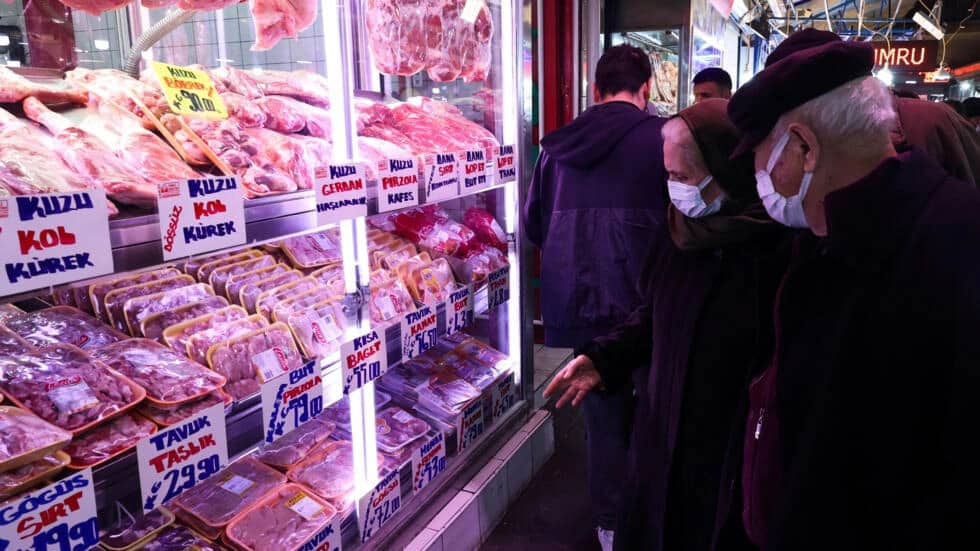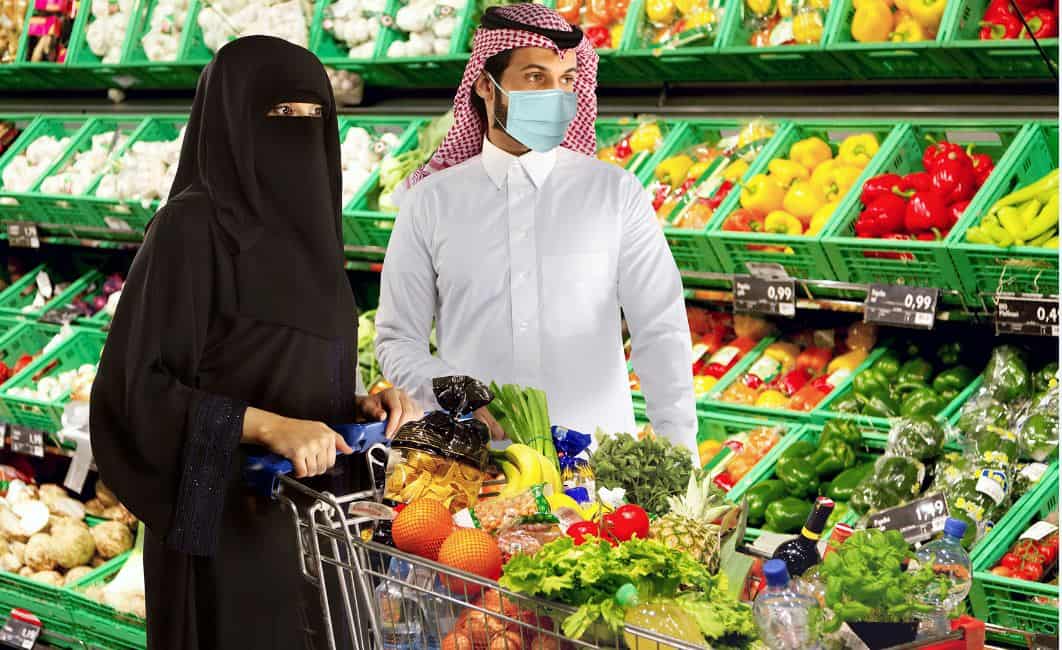Dubai, UAE— With the holy month of Ramadan halfway through, the devout Muslims around the globe are feeling the pinch of inflation.
Countries in the Middle East region are among the worst hit by price surges and shortages of essential supplies.
The celebration comes when many countries and governments in the Middle East are taking tentative steps toward resolving long-standing conflicts and crises exacerbated by the costly war in Ukraine and a devastating earthquake in Turkey and Syria that killed over 52,000 people.
TRENDS asked its followers on Twitter, “Is the cost of goods during this Ramadan higher compared to previous years?”
The majority (45 percent) confirmed “yes, it’s significantly higher,” followed by “yes, slightly higher” (26 percent), (17 percent) said “No,” and (12 percent) were “Unsure.”
Most respondents were men (67.7 percent), while only (30.6) percent were females.

On the other hand, 61.6 percent of the poll respondents were from Egypt, 13.6 percent from Kuwait, 10.3 percent from the UAE, 5.6 percent from Qatar, 5 percent from Lebanon, and 3.9 percent voted from other countries.
While 46.7 percent of the respondents were in the 20–29-year age group, 36.1 percent were between 30 and 39 years, 11.2 between 40 and 49 years, and only 6 percent were above 50 years old.
Egypt and Lebanon suffer the most.
In Egypt, where inflation has been rising rapidly and nearly reached 32 percent in February, the government has attempted to mitigate the effects on low-income people.
It opened discounted Ramadan markets in January, nearly three months before the start of the holy month, where food ingredients such as flour, meat, and pasta are sold at up to 30% lower prices than elsewhere.
Nonetheless, food inflation in the Middle East’s most populous country has skyrocketed, reaching 61.8 percent last month. When food inflation exceeds 15%, it will significantly impact other expenses such as housing, sanitation, and transportation. According to some reports, even the purchase of traditional Ramadan lanterns has suffered.
But no country in the region is facing a more severe cost-of-living crisis than Lebanon. The consequences will be evident during Ramadan, from the dinner table to social gatherings.
Lebanon, which is in its fourth year of a deep economic, political, and social crisis and hosts the world’s most significant number of refugees per capita, is experiencing triple-digit inflation, reaching up to 123 percent in January.
The situation continues to deteriorate in countries that have witnessed and continue to witness armed conflicts, such as Yemen and Syria.
Yemenis have complained of sharp increases in food prices and scarcity in their availability since the start of Russia’s war on Ukraine, as the repercussions of the country’s war have led to one of the world’s worst humanitarian crises, according to the United Nations.
However, Yemen’s reliance on Ukraine for one-third of its wheat needs has resulted in significant increases in food prices due to a lack of materials such as flour, oil, and rice, as well as the wage disruptions that many Yemenis complain about.
Syria’s situation does not appear to be much better than Yemen’s, as food and basic foodstuff prices are rising at an unprecedented rate, and the situation has gotten worse with the recent earthquake, which left many victims, destruction, and devastation. According to the World Food Program, more than half of Syrians are food insecure.
Even though Iraq is rich in natural resources, particularly oil, figures from the Iraqi Ministry of Planning show that a quarter of the country’s population lives below the poverty line.
The Gulf is an exception.
Despite the bleak economic landscape of many Arab countries, inflation rates in the Gulf countries remain within acceptable limits, particularly when compared to the significant rise seen in major Arab or industrial countries. For example, during the current month of Ramadan, the Qatari Ministry of Industry and Trade has announced a price reduction on 900 food commodities.
For his part, Ashraf Ali M.A., Executive Director of the international “Lulu” group in the UAE, stated that the price of any commodity in the country’s markets would not be raised during Ramadan, even if the price of its supply rises or its price rises in global markets.








